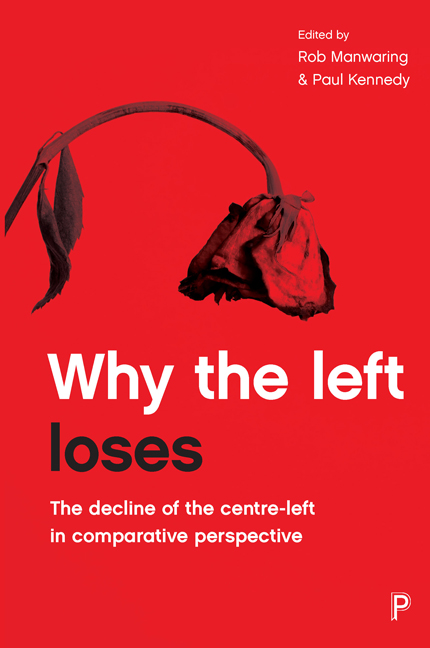Book contents
eleven - The end of revisionism?
Published online by Cambridge University Press: 08 April 2022
Summary
In The primacy of politics, Sheri Berman (2006, p 2) insists ‘the ideology that triumphed in the 20th century was not liberalism, as the “End of History” story argues, it was “social democracy”.’ In a similar tone, in their recent contribution to a collection of essays on The crisis of social democracy in Europe, Bo Rothstein and Sven Steinmo (2013) evoke the perhaps apocryphal words of James Callaghan, a man who has some claim to have been Britain's last social democrat: ‘crisis, what crisis?’ For them, real social democracy is a purely Scandinavian phenomenon – but here it is safe and fairly well (although struggling with the political challenge of migration). As we explore what is in general a much more pessimistic view of the state of social democracy, it is as well to keep these counter-examples in mind. Whatever has changed in those developed states that are the focus of this book – and there is much that has – they remain ‘mixed economies’, with substantial welfare states in which the initial outcomes of markets are (more or less) significantly altered by state's action, and in which the state continues to take a measure of responsibility for the income maintenance of the elderly and disabled, provides public healthcare and funds primary and secondary education. If this is, at least in part, what social democracy is, then these continue to be, to this extent, social democratic states.
It is also worth recalling that this is not the first time that social democracy has been seen to be in (perhaps terminal) crisis. In fact, there is a morbid history that, in the British case, trails back through John Gray's After social democracy to Abrams and Rose's Must Labour lose in 1960 (Abrams and Rose, 1960; Gray, 1996). Donald Rawson's Labor in vain (1966) is another example, an Australian one, drawn from social democracy's so-called ‘Golden Age’. The new spirit of despondency for our own times is well captured by Donald Sassoon, a man who knows a thing or two about the history of the left (Sassoon, 1996). Of social democracy, in the world after 2008, he writes ‘in the midst of a new major crisis, it stands idealess, as a remnant of the past facing an uncertain future’ (Sassoon, 2013, p 27).
- Type
- Chapter
- Information
- Why the Left LosesThe Decline of the Centre-Left in Comparative Perspective, pp. 169 - 184Publisher: Bristol University PressPrint publication year: 2017



